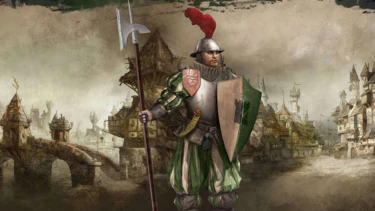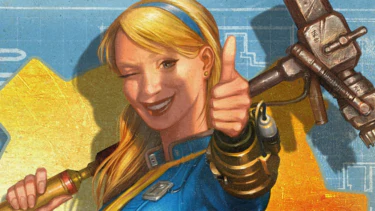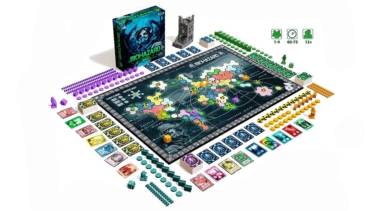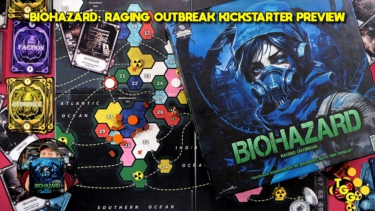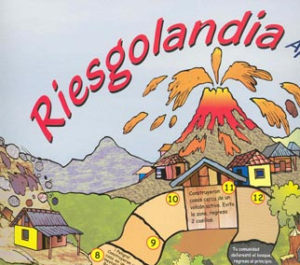
A few years ago, we were going through our yearly ethics training. We got to play the Dilbert ethics board game. It was very simple of course. Everyone got put on a team, and given a pawn and a game board. Each turn we would all face an ethics challenge and were awarded points based upon our answers. The first to cross the finish line got to report the other teams to the ethics committee or something like that. It was actually a fun way to get through mandatory training.
Recently, I was reading an article in Speilbox Issue #3 (English edition) about a game called Cashflow. The game is intended to provide a financial education to its players, teaching them the ups and downs of investing and money management. The game costs several hundred dollars, and is the brainchild of Robert Kiyosaki of “Rich Dad, Poor Dad” fame. Over half a million copies of the game have been sold, and Gaming Clubs have popped up across the globe that charge the participants money for a chance to play the game. Do you learn? The author seemed to think so. In fact there is an expansion to the game called Cashflow 202.
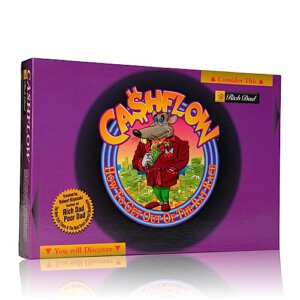
Sure, I got a little silly there, but the great thing is that many groups are realizing that the way to get their message across is to use a board game. In fact, UNICEF has developed a board game, called RiskLand, that is being used in classrooms all over the world to teach 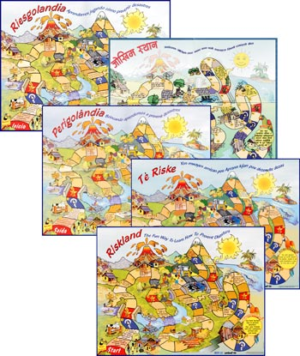
Obviously, it requires the teachers to know a lot about risk management themselves, but many teachers are learning right along with the children. In Honduras, teachers say that the schools now have evacuation routes, emergency supplies, and safety plans. The children are more comfortable in dealing with emergencies now, since they have talked about them so much and know what they should do. As we all know, the most important thing to remember in an emergency is not to panic, so this game from UNICEF might do the ultimate good, it may save lives.
- A Dungeon Delve for Kids?: A Review of Dungeon! - Oct 24, 2022
- Better, Stronger, Faster | Descent: Journeys in the Dark Second Edition Reviewed - Oct 23, 2022
- Your Planet is Doomed!: Invasion from Outer Space Reviewed - Oct 22, 2022



